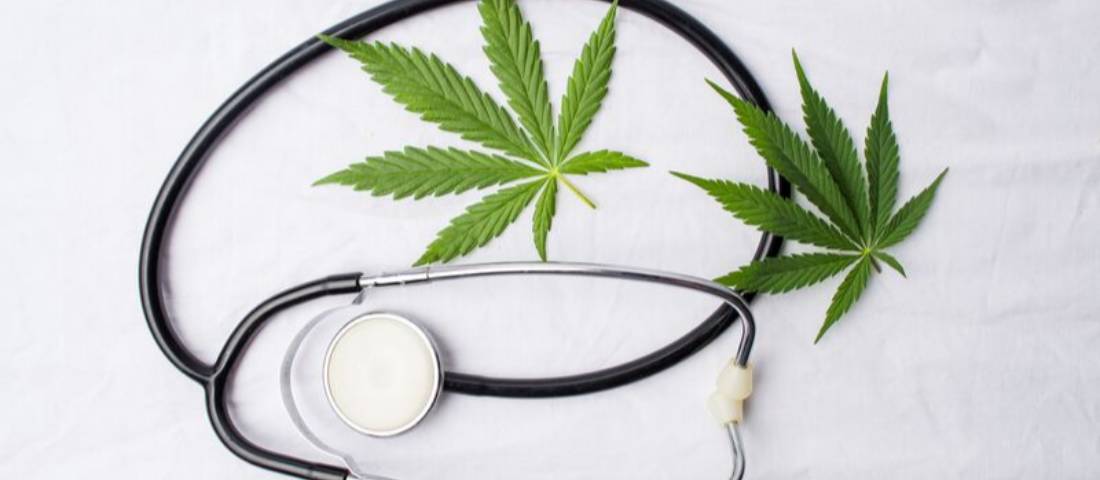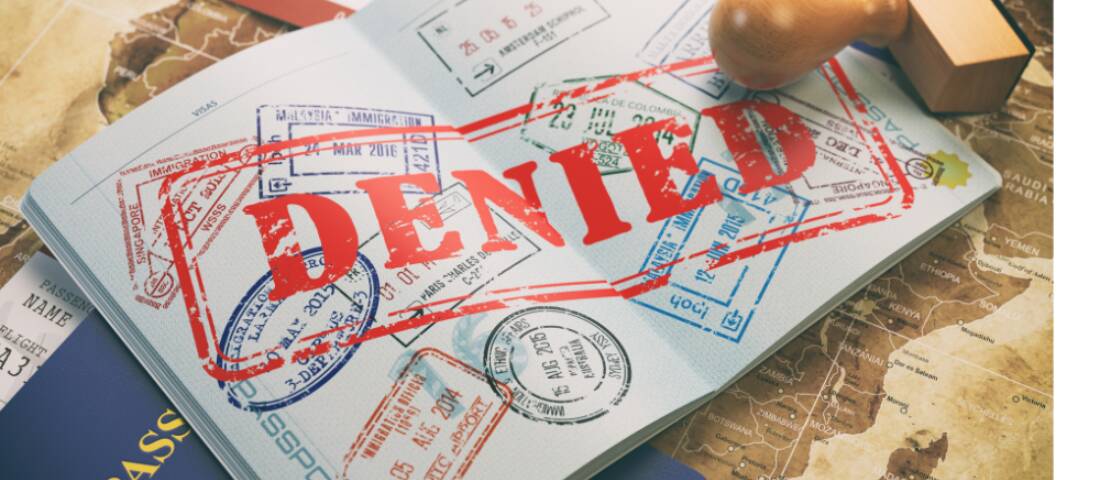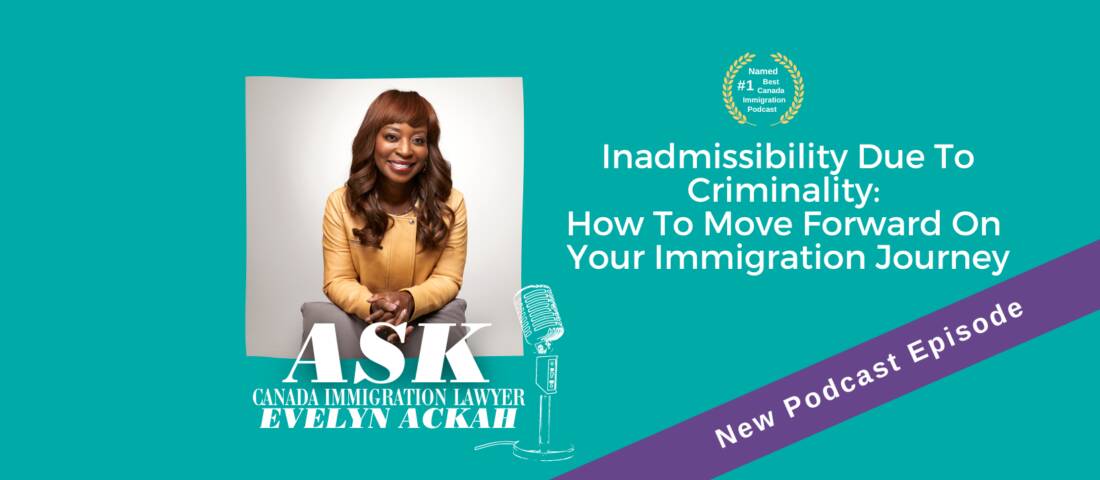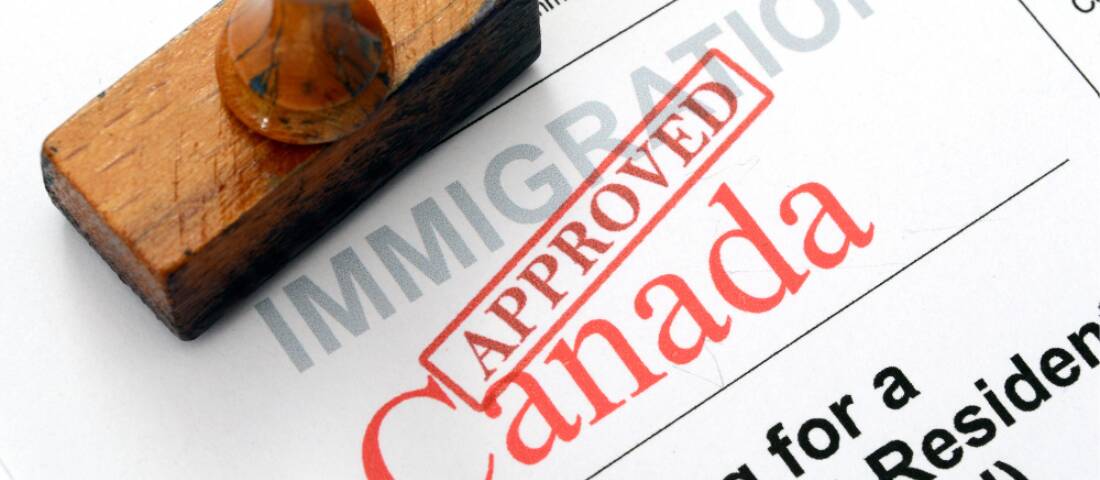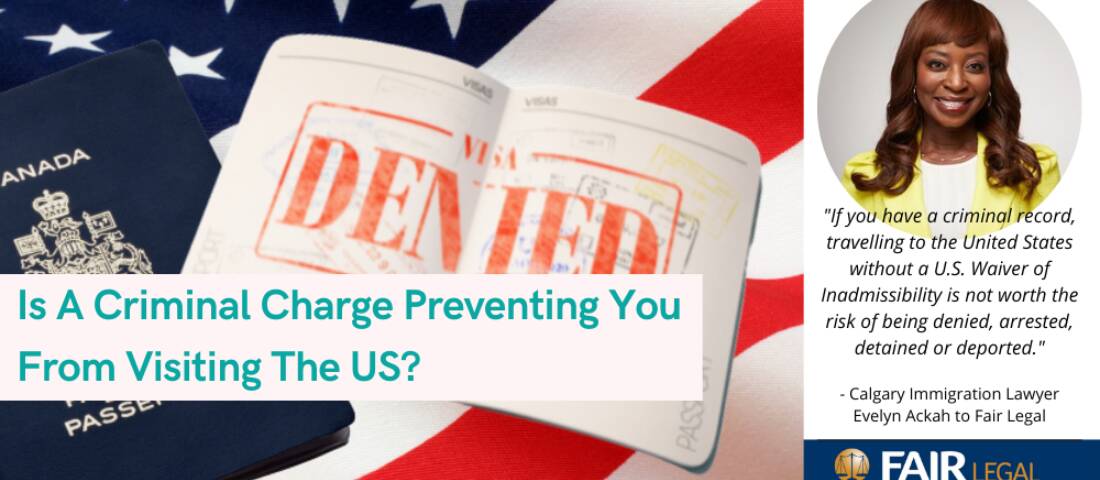In the United States, cannabis use is legal in many states, particularly for medical use, but is still classified as a Schedule I narcotic drug by the DEA and remains federally prohibited. If a Canadian is caught by U.S. customs with marijuana or any derivative such as CBD oil, there are serious legal consequences, regardless of whether cannabis is legal in the U.S. state where the border crossing is located.
Medical use is not a valid reason to possess a cannabis product when entering the United States. Recently a 21-year-old Canadian woman with CBD oil in her backpack was searched when entering Washington via British Columbia, fined $500, fingerprinted, denied entry, and told that if she wished to attempt to re-enter the U.S. she would have to apply for a $585 waiver. Eventually, her case was reversed, but many other Canadians crossing the U.S. border with a criminal history of a cannabis conviction or who are carrying a product such as CBD oil are denied entry or receive a lifetime ban on entering the United States, including marijuana for medicinal purposes.

visa waiver lawyer Evelyn Ackah
Canada immigration and visa waiver lawyer Evelyn Ackah says the Canadian federal government needs to do more to educate people about traveling with cannabis-related products:
Cannabis for medical use cannot be carried over the border from Canada to the United States. It is a criminal offense. You can't bring marijuana to the U.S., including any derivatives such as CBD oils or edibles such as gummies, lollipops or brownies. The United States views them the same as bringing leafy marijuana across the border, which is a federal crime. We can apply for a waiver for a past cannabis criminal conviction, and if we succeed that waiver must be renewed every year, two years or five years. But under present U.S. law you cannot get a marijuana medical use waiver to travel to the United States."
U.S. Visa Waiver of Ineligibility
If you are denied entry at the border, receive a lifetime entry ban or are ineligible for a visa to the United States due to a cannabis conviction or other reason, you may be able to apply for a U.S. visa waiver of ineligibility. A waiver can be for 1, 2 or 5 years depending on the justification for requiring the waiver, the seriousness of the crimes that resulted in the inadmissibility and the amount of time that has passed since the conviction(s) occurred, and other factors. If a waiver is granted, you can visit the United States multiple times during the time period of the waiver, but if you intend to stay in the U.S. for more than 3 months at one time, additional forms may need to be completed and submitted with the application.
Applying for a Waiver of Inadmissibility is time and labour intensive, and an incorrectly completed form or missing document can result in your application being rejected. You should seek the assistance of a qualified immigration attorney to assist you through the application process.
Learn More:

